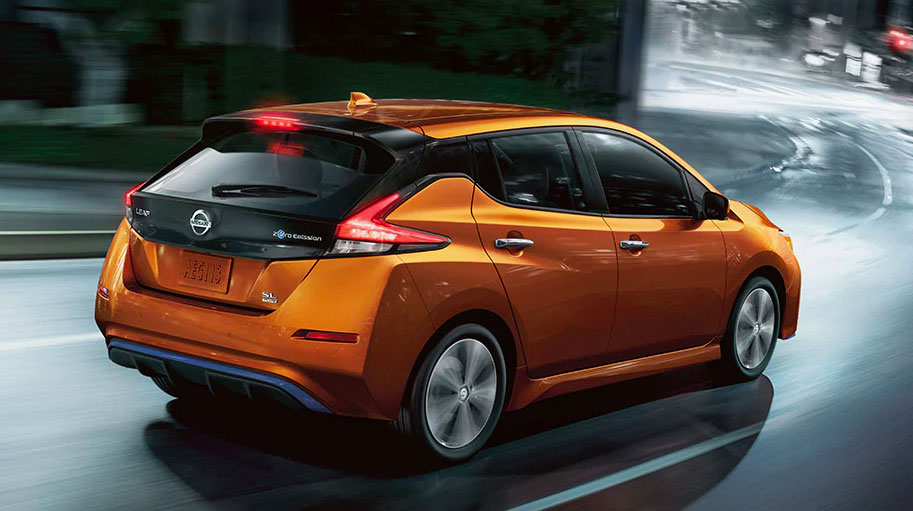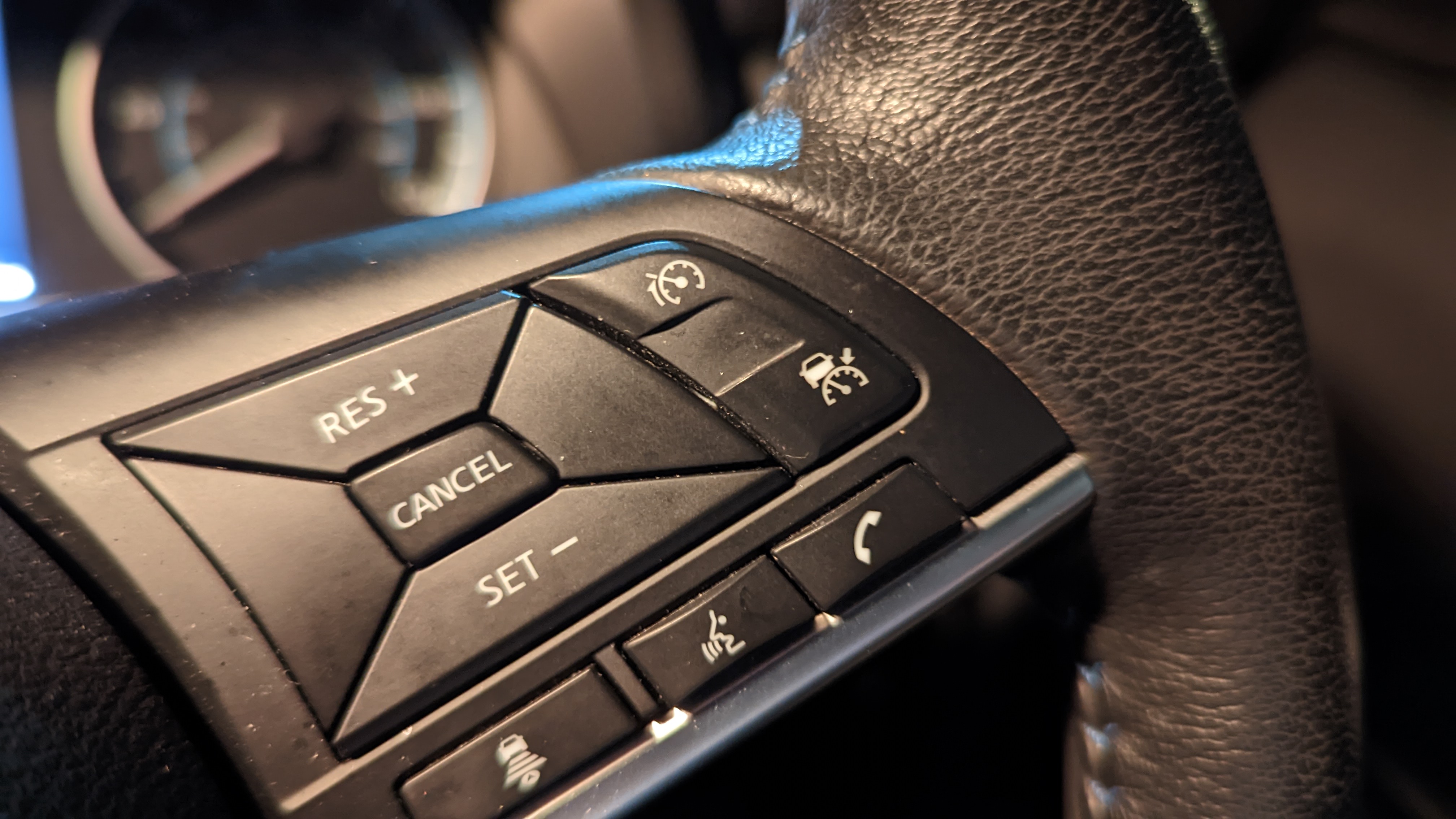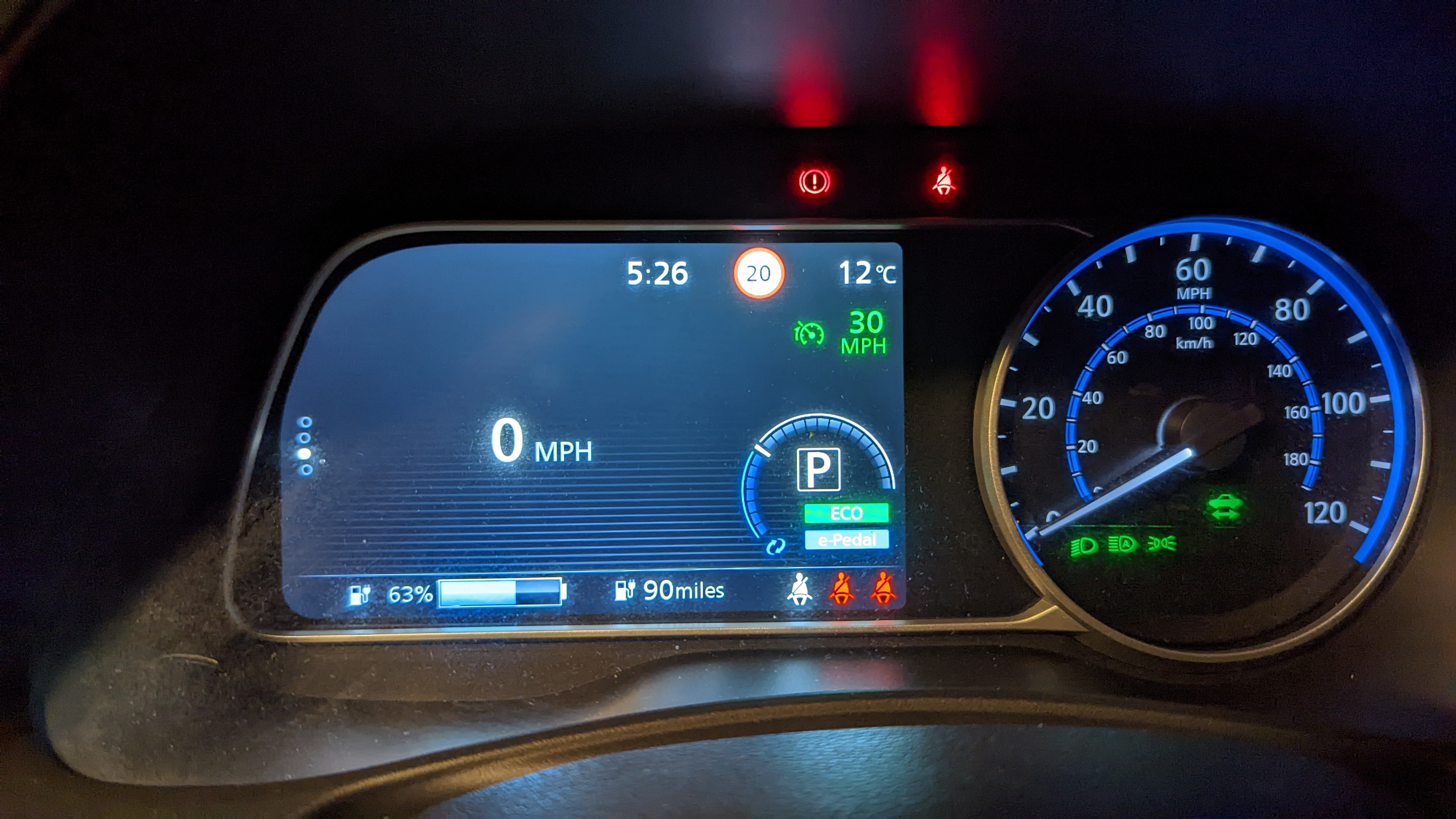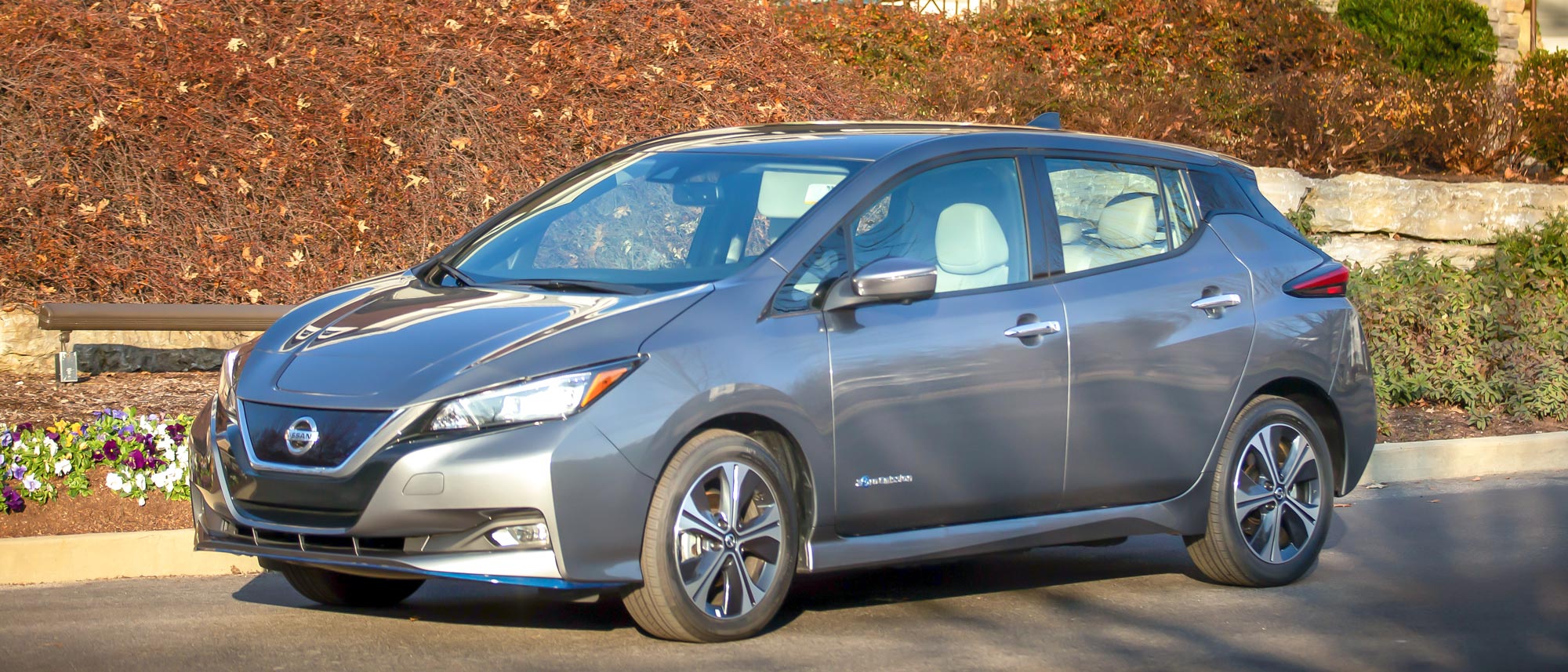This is the best feature in your car you're probably not using
The speed limiter doesn't get enough love

Cars have made incredible advancements over the past several years. Not only are electric drivetrains becoming more common, but we've seen an explosion of autonomous driving assistance tools that can make driving far less of a burden. But there’s one fantastic tool you may not be using.
If you own a relatively recent car, take a look at your steering wheel and levers. You may see a small icon that looks like a speedometer, with a solid line at about 10 o’clock, the word LIM or some variation. That is the adjustable speed limiter, and it’s the best feature you probably didn't even know you had.
What is a speed limiter?

The speed limiter is a feature that actively prevents your car from going too fast. And, being adjustable, you have total control over what your car’s maximum speed is supposed to be. It’s something I’ve been using a lot in my own car recently, and is fast catching up to one-pedal driving as my favorite in-car feature.
Which is really weird, when I think about it. Cars have been able to control their maximum speed for a very long time, and it’s an essential part of any cruise control system — intelligent or otherwise.
In fact, many cars are built with speed limiters to automatically limit their maximum speed, for safety reasons. It makes perfect sense that the driver would be given the choice to set their own maximum speed, and change things according to the road they’re on.
And yet I find myself appreciating the speed limiter more and more, especially since I drive an electric car. One issue I’ve had with electric cars since the beginning is the fact I struggle to drive at the speed limit. I’m pretty sure this is because I learned to drive in a gas-powered car, and subconsciously linked the various noises from the engine with travelling speed.
An electric car’s motor doesn’t make nearly as much noise, and any change in volume only really happens at highway speeds. Then it becomes a game of “guess if that’s the car or my tinnitus flaring up again.”
What are the benefits of using a speed limiter?

This overall lack of car sound, in my experience, makes driving on city streets a little more challenging. I don’t want to speed, for the obvious reason that I don’t want to start accumulating tickets. Too many of those and I won’t be allowed to drive anymore.
Likewise, I don’t want to be the guy that holds everyone up because I'm deliberately driving 10-20 miles under the speed limit. After all, those people are infuriating.
The way a speed limiter works is simple: turn it on and set the maximum speed. Once you hit that speed, no amount of force on the accelerator pedal is going to make you go faster. Though at the same time you’re still able to ease off a decelerate as you normally would.
In short, you’re driving exactly as you normally would, steering, accelerating, slowing down, and all the other things one has to do to safely drive a car. The difference is you’re not accidentally going over the posted speed limit and risk getting caught by speed cameras, stray cops or hidden speed traps.
You do need to keep an eye out for changes in the speed limit, and alter the speed limiter accordingly, but that’s something all responsible drivers should be on the lookout for anyway.
That said, if you’re flush with cash, some of the newest cars on the roads offer intelligent speed limiting, which automatically adjusts your maximum based on the signs the car sees. Though these systems are far from perfect, sometimes registering signs that aren’t applicable or slamming on the brakes when it's time to decelerate.
The speed limiter can also be a helpful tool for improving your gas mileage or maximizing electric car range. The faster you drive, the more energy your car needs, which means highway driving can really make a dent in your wallet. But the opposite is also true.
I’m not saying drive on the highway at 30 miles an hour, that’s just ridiculous. But 50-60 miles per hour offers a good balance of speed and efficiency. The speed limiter ensures you don’t accidentally stray over your chosen speed limit and start burning through too much unnecessary fuel or charge. It has been a lifesaver anytime I’ve taken my Nissan Leaf long-distance, and probably saved me from a few extra unwanted charging stops.
Though, make sure to stay safe. Roads are typically safer when everyone is driving at similar speeds, and you don’t want to be positively crawling down the highway if everyone else is flying past. Up to the posted speed limit of course. The “everyone else was doing it” excuse is not going to hold up in court.
Bottom line

While everyone is always talking about all the high-tech conveniences available in modern cars, sometimes the simplest ones are still the best. Sure I’d like a car that will do all the driving for me, and go through the motions of not speeding without my input. But we’re a long way from that being a viable option for anyone, even those that can afford super-expensive cars.
The speed limiter is an effective tool that’s simple enough to be in a large number of cars on the road. While you’re going to be perfectly capable of driving safely without one, it does make life on the road that bit easier. And, to improve matters, it could save you from some accidental expenses caused by your own lack of attention to your speedometer.
Next time you’re in the car, take a look at your steering column and see if that all-important button is there. Just make sure you don’t accidentally switch on cruise control while you’re at it.
Sign up to get the BEST of Tom's Guide direct to your inbox.
Get instant access to breaking news, the hottest reviews, great deals and helpful tips.

Tom is the Tom's Guide's UK Phones Editor, tackling the latest smartphone news and vocally expressing his opinions about upcoming features or changes. It's long way from his days as editor of Gizmodo UK, when pretty much everything was on the table. He’s usually found trying to squeeze another giant Lego set onto the shelf, draining very large cups of coffee, or complaining about how terrible his Smart TV is.
